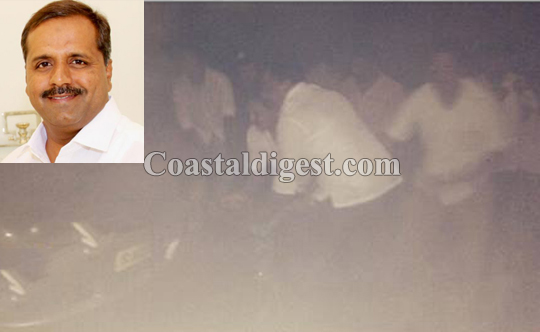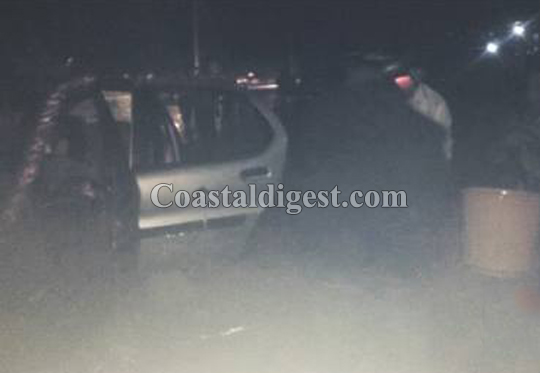Dubai: The father of a 16-year old girl who came on a visit visa to the UAE to visit him is desperate for help as she has been hospitalised, even as he has been rendered jobless.
On February 6, Amber D’Couto flew into Dubai from Mangaluru, India, along with her older sister, Alison, 19. The girls wanted to visit their dad Vivian D’Couto who was working in an automobile company at Jebel Ali.
The father was overjoyed to meet his girls until things took an ugly turn.
Two months into her stay, Amber fell seriously ill, even as D’Couto was served a termination letter by his company.
D’Couto said his daughter, a Grade 10 student, was perfectly healthly but suddenly developed high fever and began vomiting. She was rushed to a private hospital in Qusais which could not accommodate her because of the ongoing COVID-19 situation.
On April 30, she was admitted to another private hospital in the same area. After testing negative for COVID-19 thrice, she was diagnosed with acute pancreatis and Rheumatoid fever.
While the girl remains in hospital, the bill has spiralled to over Dh50,000, D’Couto said, adding that without a job now, he had no means to pay the huge amount.
“Amber is a very sweet child and a very bright student. She was living a very healthy life prior to coming to Dubai. But she is so ill now and under round-the-clock vigil in the ICU. The treatment for her condition is very specific and costly.”
A worried man, he said: “My daughter was on a visit visa and she had no insurance. We appeal to compassionate people to help us out in this difficult hour. Due to the current situation, I have lost my job and I am unable to pay for her medical expenses. Her condition has not stabilised yet and I am taking each day as it comes. I trust the doctors to help her recover, and we hope to be repatriated to India at the earliest so she can get further medical care.”







Comments
Masha allah. Good going Mr UT Khader. Keep up the good work. May almighty allah bless u with good health n happiness. Ameen
Hate mongers communal out fit not dare to comment any thing on our honourable sincere minister.
God save our country.
Jai Hind
Masha allah. Good work done by mr ut khader. May allah bless with gud health n happiness. Ameen.
Good job UT khadar keep going ..
Add new comment